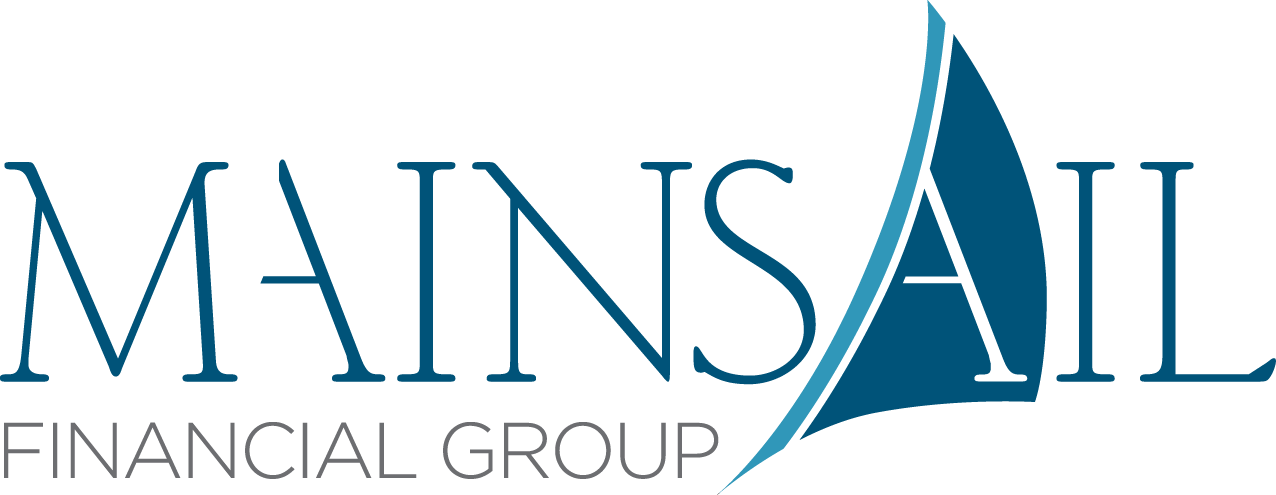How Does Golf Relate to Financial Planning?
The 2019 golf season just wrapped up recently and Rory McIlory lifted the FedEx Cup honoring the best golfer over the course of the year. Although Rory took an early win at one of the largest tournaments of the year and capped it off with another win in the last tournament of 2019, he had a lot of ups and downs along the way. However, through perseverance and a strong game plan, he was able to come out on top at the best golfer of 2019. During this same period, we have been experiencing significant volatility and uncertainty in the stock market with a lot of unknowns on the horizon. As I reflect on the summer (and try to get in some golf before the rain starts) I can’t help but notice the similarities of the strategies used in golf and how they can be applied to an individual’s financial plan.
In golf, we must start with the end objective – getting the ball in the hole. If we don’t know where the hole is, we are aiming blindly and may never make it to the final destination. With financial planning, this is always the most critical first step in building a thoughtful financial plan to attack your goals – we must first know what those goals are!
Along the way variables in life, golf, and finances constantly shift and some of these changes we may have control over while others may be completely out of our hands. In golf we may visualize the best path to get to the hole, but we all know golf is a game of misses and corrections we attempt in order to get us back on track as quickly as we can. Sometimes we have a direct impact on potential setbacks and other times we may have no control over what happens during the course of a round – such as rain, wind direction, or an unexpected injury. We may get a bad bounce into a fairway bunker or slice our drive into the trees. When this happens, we don’t give up but rather, assess the damage, and course correct to determine the best route from our new position to get to the green.
In finance, and especially right now with trade wars, interest rates, and global uncertainty, we constantly face many unknowns and a successful financial plan is one that prepares you for these unknown events while providing strategies to navigate through these pitfalls and minimize the impact on our long-term finances. Although there may be some changes we can predict and plan for, there are many that we cannot see coming. When these unexpected conditions are thrown at us, it is critical to analyze the impact, develop the best strategy possible to “weather the storm,” and visualize the best shot we can under these conditions. In financial planning, this may mean managing risk in your life and portfolio or having assets available to help jump on opportunities as they arise.
As we plan for retirement it may be best said to expect the unexpected. With proper guidance and planning, a true financial plan should be developed to constantly build towards your objectives but have enough flexibility to manage through any unexpected changes that may come at you. As the golf season winds down and September rolls around, this can be a great time to prioritize finances and re-engage to develop or refresh your planning strategies. Just as a caddie is a necessity in competitive golf to help navigate a course the golfer is unfamiliar with, to avoid blind spots and bunkers, and work “in your corner,” we feel it can be equally important to have your own “financial caddie” to help navigate the financial course ahead. Not only does your financial caddie help to minimize mistakes but can also act as a coach to separate emotions from financial decisions and help you keep focus when times get tough or when something comes along that sounds like a great opportunity, but may actually de-rail your game plan. If we can help in starting this process or if you have a few questions please feel free to reach out, we are happy to help where we can.
If you have questions about this article, or if we can be of service, be sure to get in touch with us!

